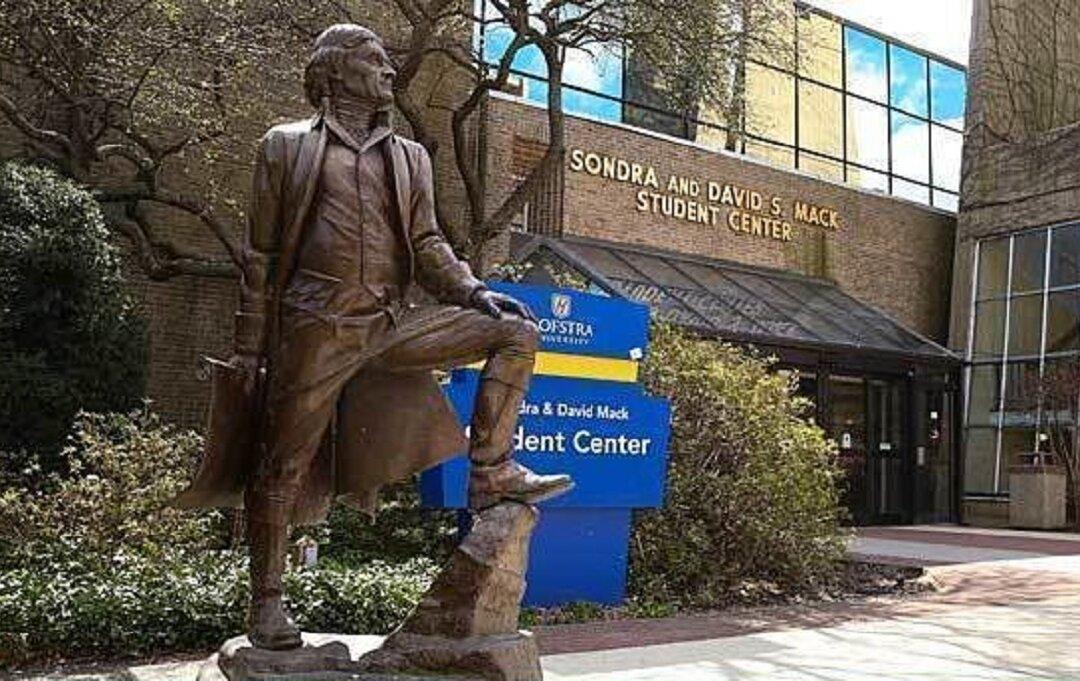Students at a New York college said that a statue of Founding Father Thomas Jefferson should be removed from campus.
Hofstra University students participated on March 29 in an event dubbed “Jefferson Has Gotta Go!”


Students at a New York college said that a statue of Founding Father Thomas Jefferson should be removed from campus.
Hofstra University students participated on March 29 in an event dubbed “Jefferson Has Gotta Go!”